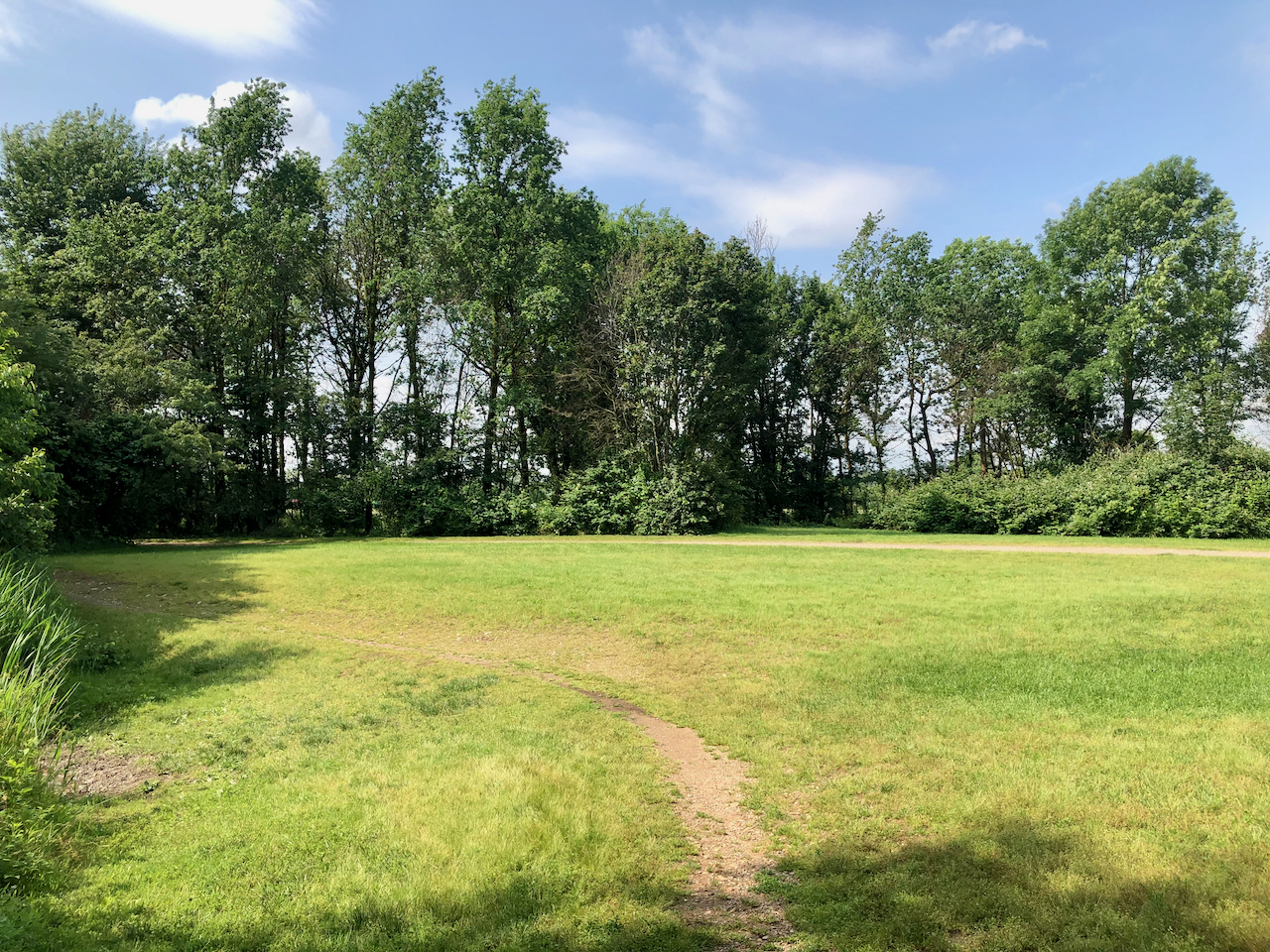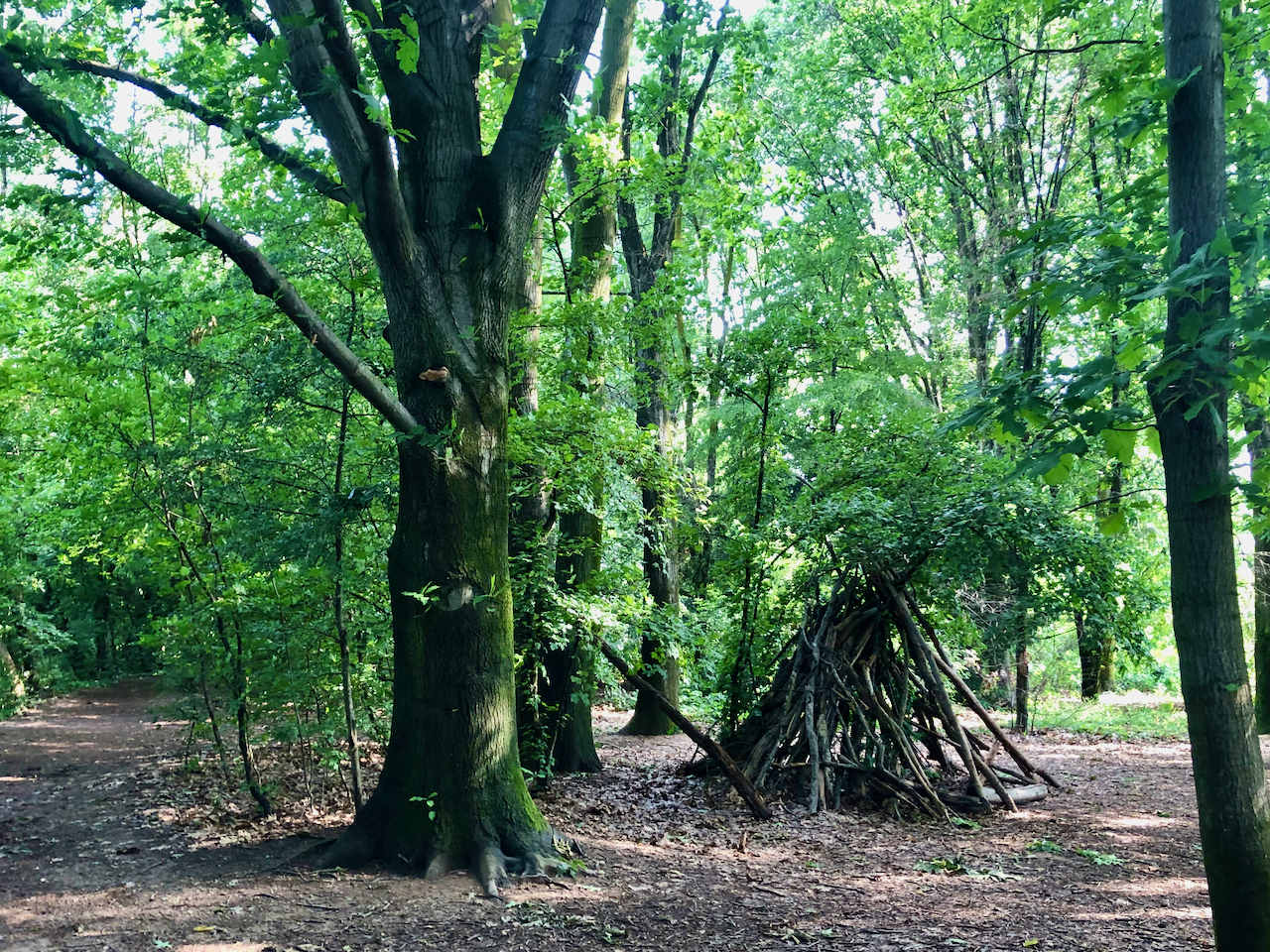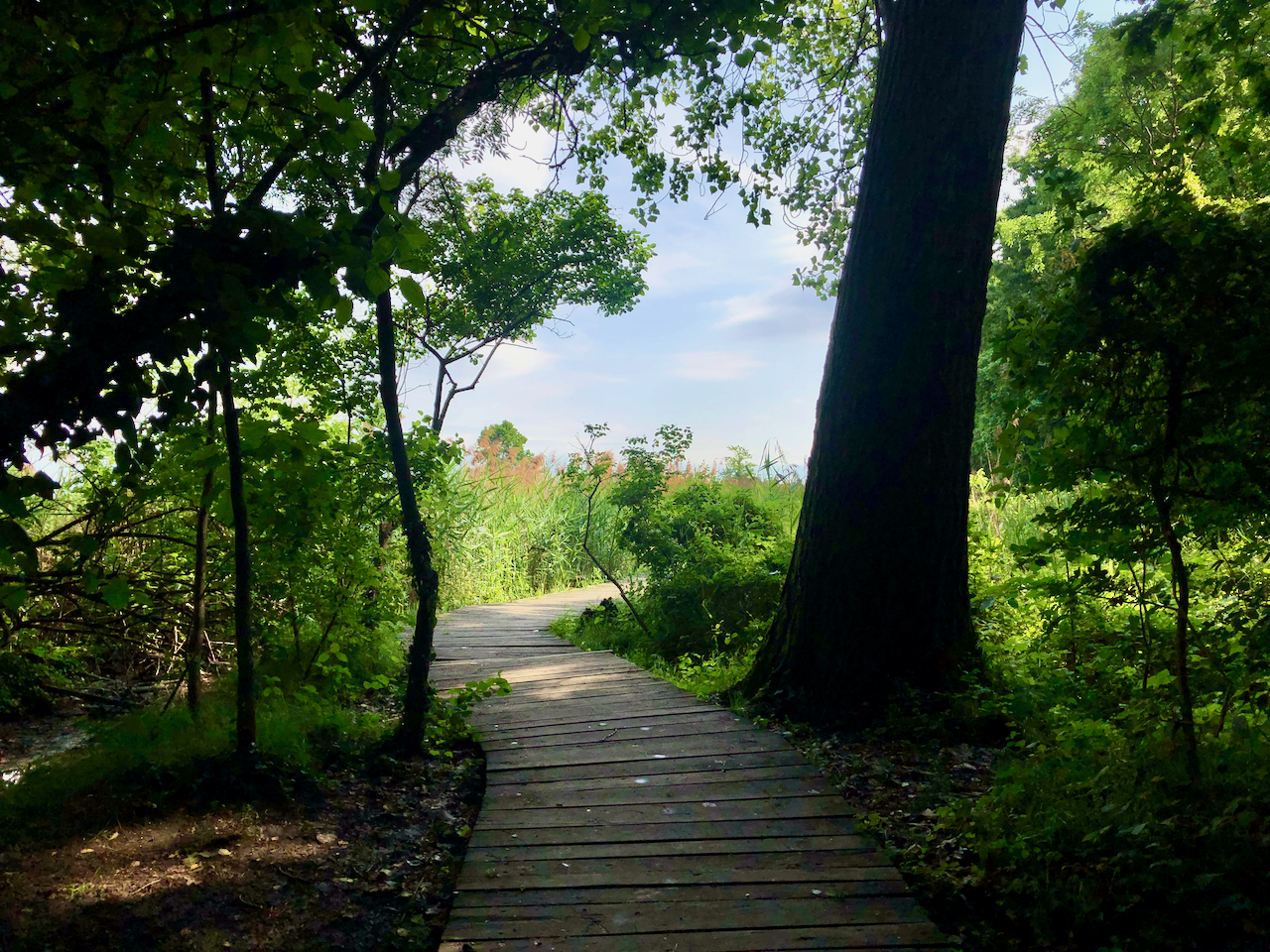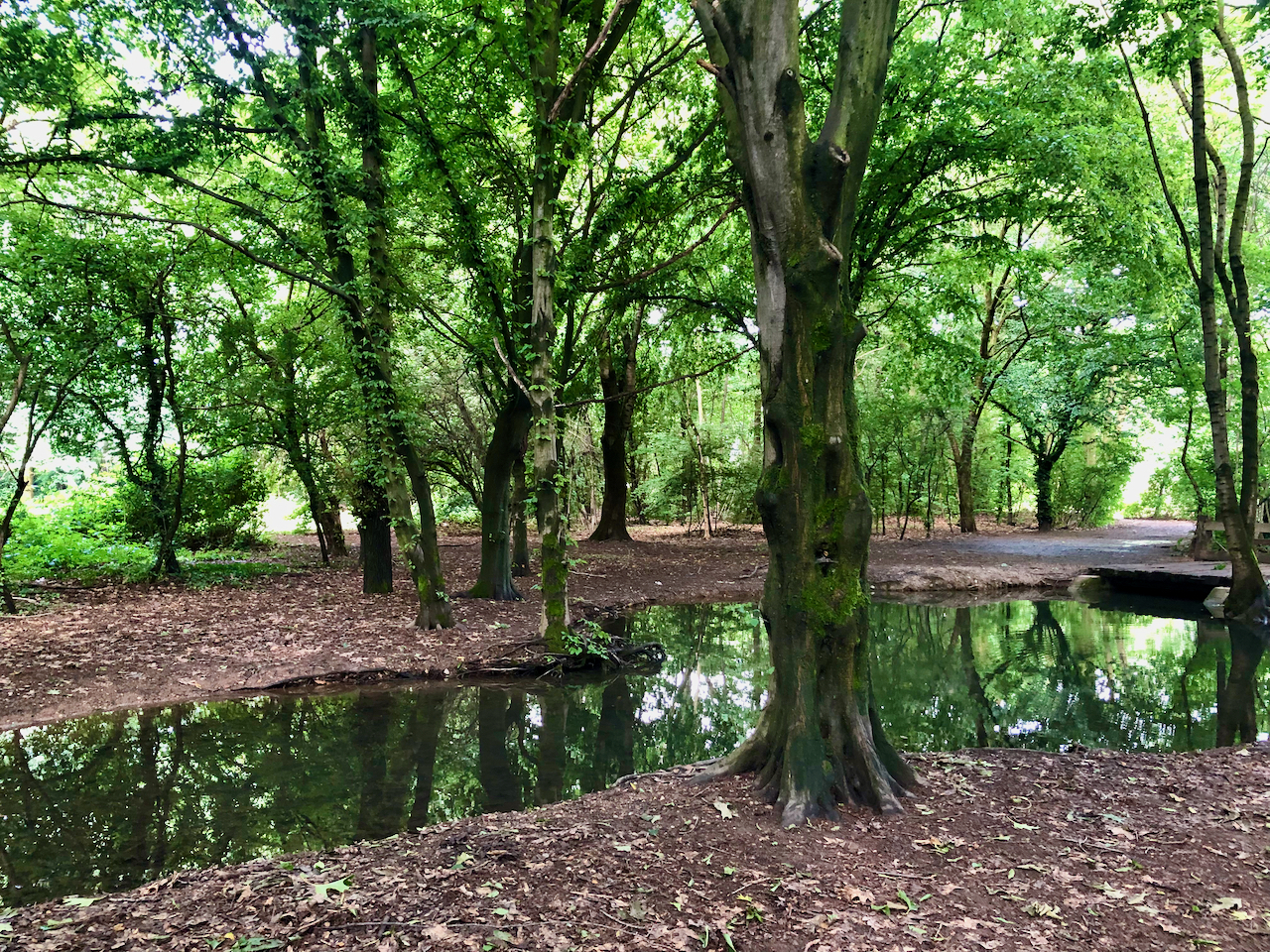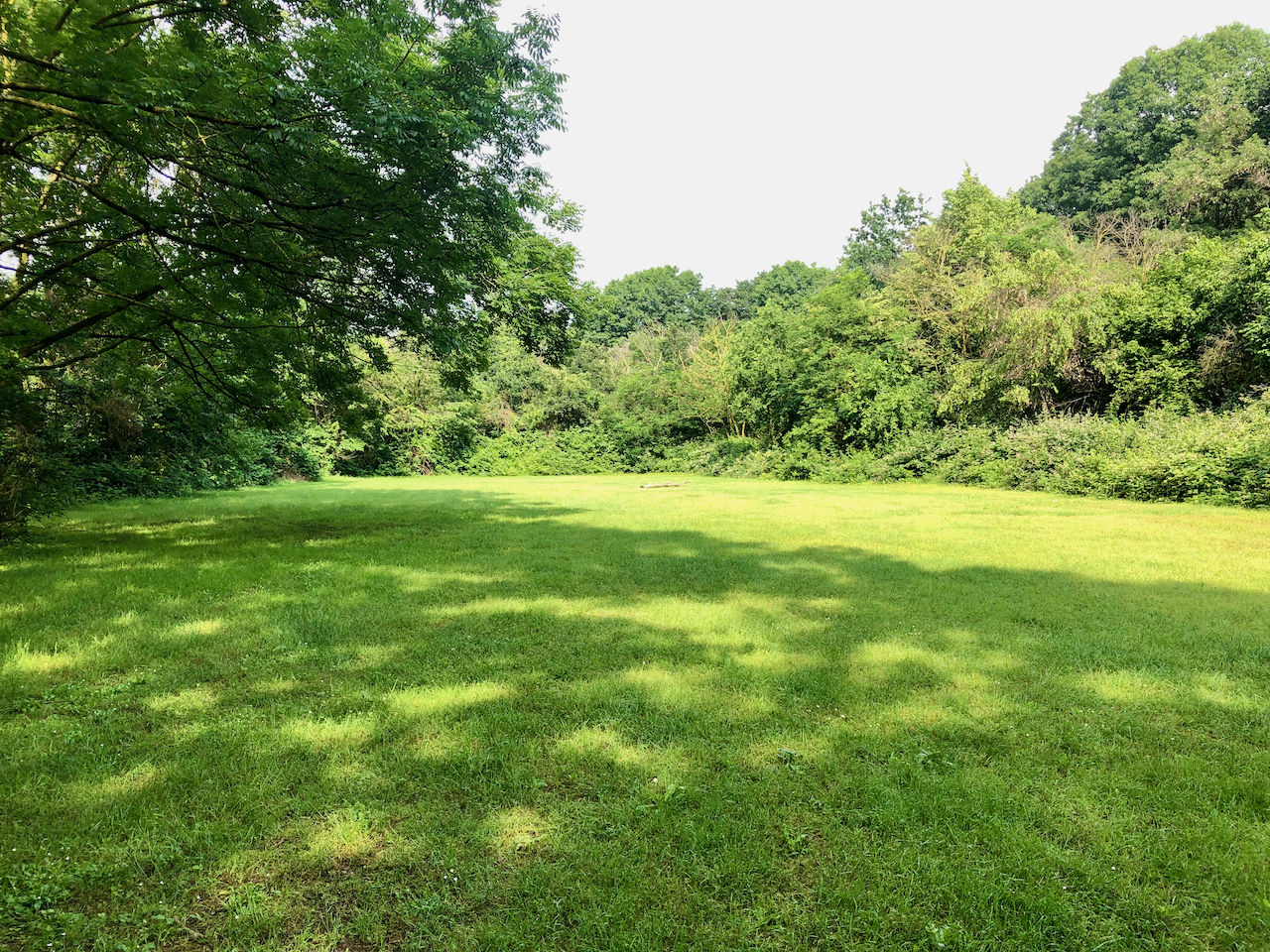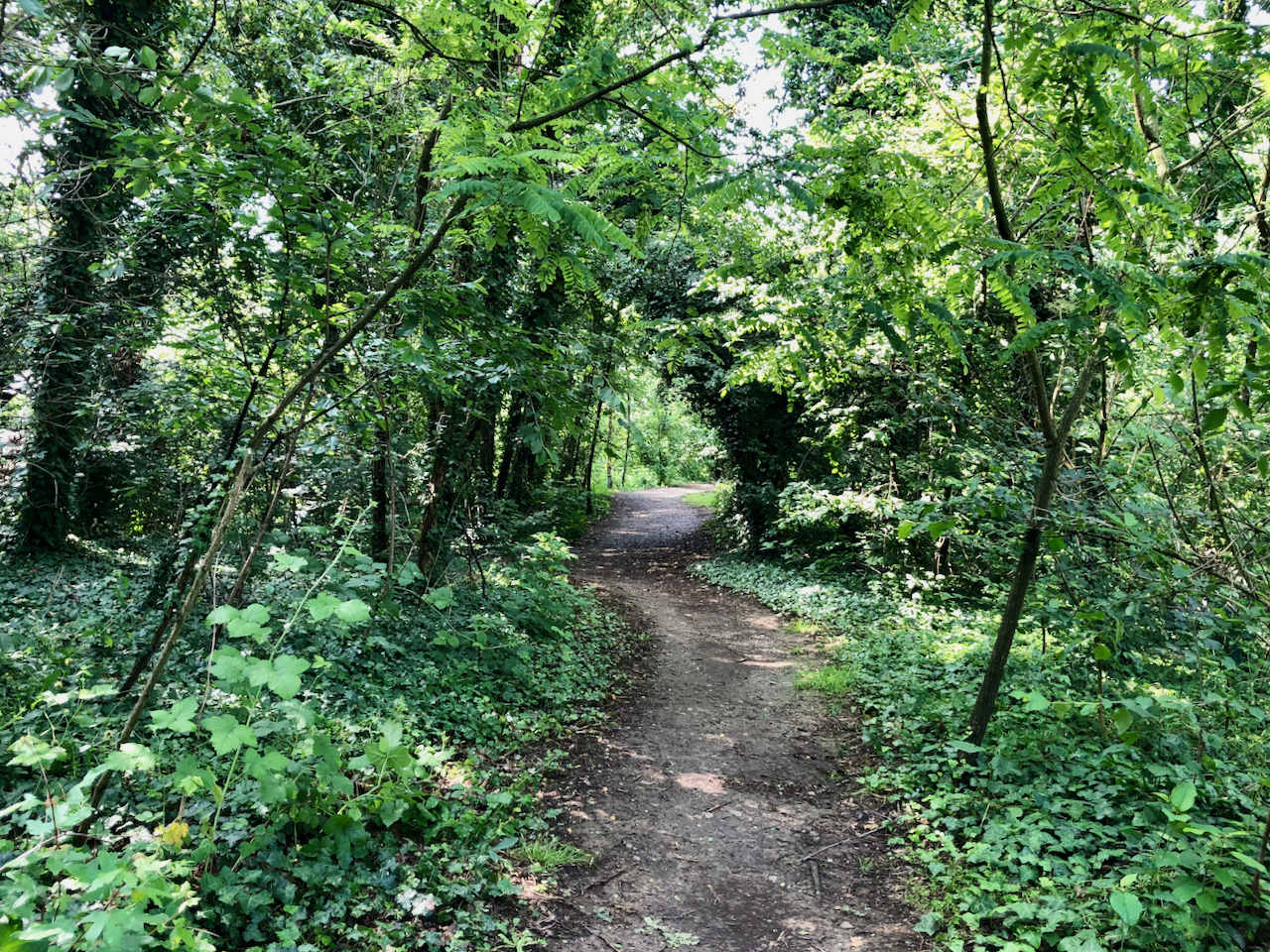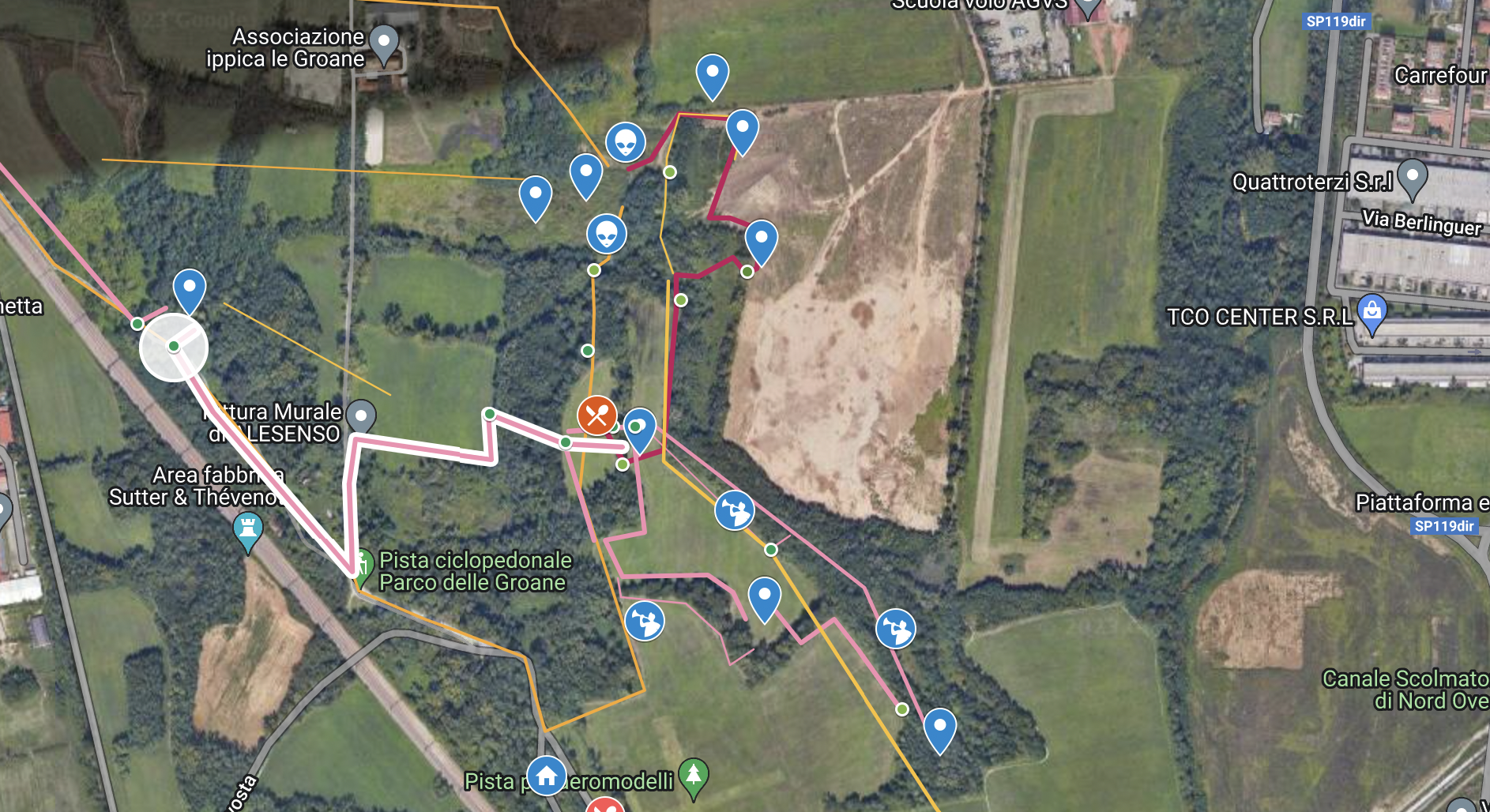Zona K & Piccolo Teatro
di Milano
Teatro d´Europa
ItalyZONA K was founded in Milan in 2011 as a space dedicated to the exchange between artistic and cultural disciplines. It hosts actions of theater, dance, cinema, music, visual art. Since 2013 it has been offering theater seasons for adults and children. Participatory, site-specific and
public-space performances have become a distinctive feature of ZONA K. Socio-political contents as well. In the last 10 years ZONA K has hosted and co-produced some of the most important European artistic experts in these practices. Since 2020 it is part of the large-scale
cooperation project In-Situ, the European platform for artistic creation in public space. All its work in based on strong and lasting collaborative networks on glocal basis.
A territory for Shared landscapes | June 2024
Milan is one of the most cemented cities in Italy and Europe (58% of the entire municipal area), with over 125 hectares of land consumed in the last seven years. Before the pandemic, architect Stefano Boeri created Bosco Verticale, the green skyscraper that overlooks the new park Biblioteca degli Alberi, following the idea of a city-garden/forest. For some years now, the tendency of the inhabitants to move out of their centers has been noticed in the Italian cities, accelerating in recent months due to the health emergency. With the intensive spread of smart-working, large multinationals and public administrations are questioning the still effective need to build skyscrapers and offices for thousands of employees.
There are a plurality of subjects that participate in the development of greenery directly and indirectly, through creative resources, knowledge and care skills. For example the participation of citizens in the management of green areas, with the strategic plan of the rural district of Milan, urban gardens, the direct management of associations and local agricultural enterprises. The direct participation in the care of the green of multiple subjects has the purpose of establishing an active citizenship that feels the territory is its own. The potential of participatory care for greenery is recognized for the integration and improvement of the quality of life.
Milan is permeated by a large system of parks crossed by the waters of the canals, its rivers, the main branches of the minor water network restored and safe. The agricultural and green areas of the urban belt constitute bands of connection between the city and the countryside. This is why we plan to work on these connection bands, on the intermediate points between city and countryside, border places that for could allow art to fit in and create a
bond, a connection, a dialogue.
Milan is permeated by a large system of parks crossed by the waters of the canals, its rivers, the main branches of the minor water network restored and safe. The agricultural and green areas of the urban belt constitute bands of connection between the city and the countryside. This is why we plan to work on these connection bands, on the intermediate points between city and countryside, border places that for could allow art to fit in and create a
bond, a connection, a dialogue.
The Parco delle Groane e della Brughiera Briantea is a regional
protected area that extends over 7,700 hectares within the large
northern Milan metropolitan area, reaching north to the province
of Como. Among houses, buildings, and industries, the last
forests of large oak and Scots pine trees, vast heathlands, old
furnace ruins, and ancient patrician villas survive, protected.
Shared Landscapes takes place in its southernmost area,
straddling the municipalities of Garbagnate and Bollate.
Established in 1976, the Regional Park is managed by a public body formed by the interested municipalities, the Provinces of Milan, Como, and Monza and Brianza, and the Municipality of Milan. The objectives of the body particularly focus on purchasing park lands, reforesting barren areas, improving forests, protecting nature, and providing environmental education. In this area, spared from urbanization, the Parco Groane Authority has created a network of approximately 50 km of bike paths, allowing visitors to immerse themselves in greenery without leaving the city. (source: parcogroane.it)
Established in 1976, the Regional Park is managed by a public body formed by the interested municipalities, the Provinces of Milan, Como, and Monza and Brianza, and the Municipality of Milan. The objectives of the body particularly focus on purchasing park lands, reforesting barren areas, improving forests, protecting nature, and providing environmental education. In this area, spared from urbanization, the Parco Groane Authority has created a network of approximately 50 km of bike paths, allowing visitors to immerse themselves in greenery without leaving the city. (source: parcogroane.it)
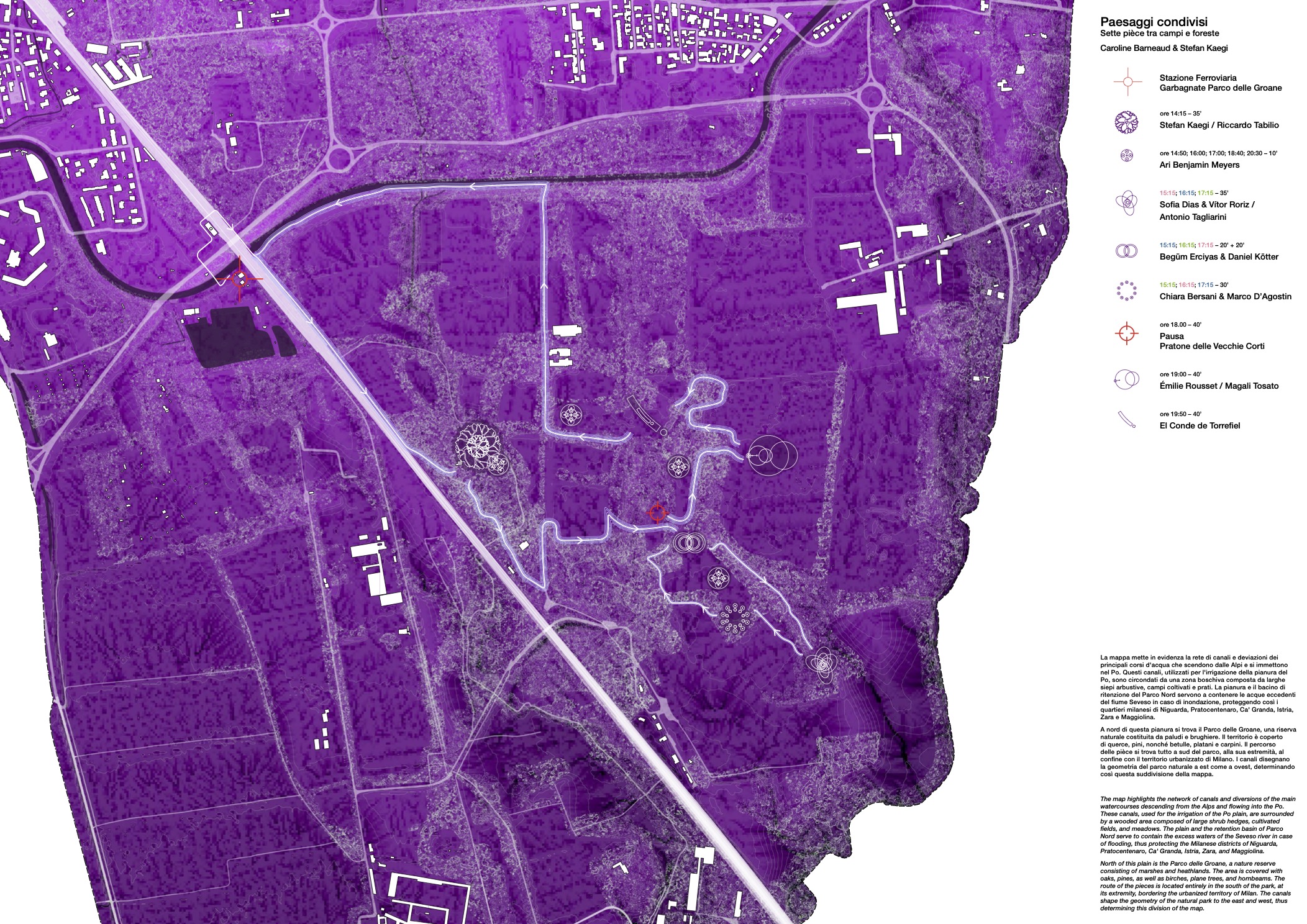
The map highlights the network of canals and diversions of the main watercourses descending from the Alps and flowing into the Po. These canals, used for the irrigation of the Po plain, are surrounded by a wooded area composed of large shrub hedges, cultivated fields, and meadows. The plain and the retention basin of Parco Nord serve to contain the excess waters of the Seveso river in case of flooding, thus protecting the Milanese districts of Niguarda, Pratocentenaro, Ca' Granda, Istria, Zara, and Maggiolina.
North of this plain is the Parco delle Groane, a nature reserve consisting of marshes and heathlands. The area is covered with oaks, pines, as well as birches, plane trees, and hornbeams. The route of the pieces is located entirely in the south of the park, at its extremity, bordering the urbanized territory of Milan. The canals shape the geometry of the natural park to the east and west, thus determining this division of the map.
ENCOUNTERS: THE LANDSCAPE ON STAGE
curated by Emanuele Regi and Francesca Serrazanetti#1 VOCI: CREANDO PAESAGGI CONDIVISI
The relationship between theater and landscape is ancient but subject to continuous reinventions. Inside and outside the city, the invisible becomes evident before the spectator's gaze, guided by the lens of art. The Shared Landscapes project offers an overview of possibilities and visions by placing the landscape as the subject of theater, moving beyond the conventional stage- audience relationship. In dialogue with the involved artists, the encounter delves into the processes of approaching artistic creation in the relationship between space and performative devices, between the construction of community and a shared European idea of landscape.
7 giugno 2024 ore 18.30
c/o Chiostro Nina Vinchi, via Rovello 2, Milano
With Francesca Serrazanetti (Politecnico di Milano / Stratagemmi), Emanuele Regi (PhD candidate - Università di Bologna) in dialogue with the project's artistic curators: Stefan Kaegi and Caroline Barneaud and some of the artists involved.
ENCOUNTERS: THE LANDSCAPE ON STAGE
curated by Emanuele Regi and Francesca Serrazanetti#2 MAPPE: IL VALORE DEL PAESAGGIO TRA TEATRO, NATURA E ARTIFICIO
An archive of signs, a palimpsest of traces, the landscape elude a single definition. At the boundary between city and countryside, between natural and artificial, at the intersection of theater and social ritual, between human and non-human communities, the Shared Landscapes project is an opportunity to discuss key issues regarding the relationship between spaces and inhabitation. Starting from theater, it explores new ways of looking at one's territory and its value.
11 giugno 2024 ore 18.30
c/o Biblioteca Comunale di Bollate, Via Carlo Alberto dalla Chiesa 30
With Francesca Serrazanetti (Politecnico di Milano / Stratagemmi), Emanuele Regi (PhD candidate - Università di Bologna) in dialogue with Arch. Giuseppe Brollo, Prof Antonio Longo (Politecnico di Milano), Ente Parco delle Groane.
